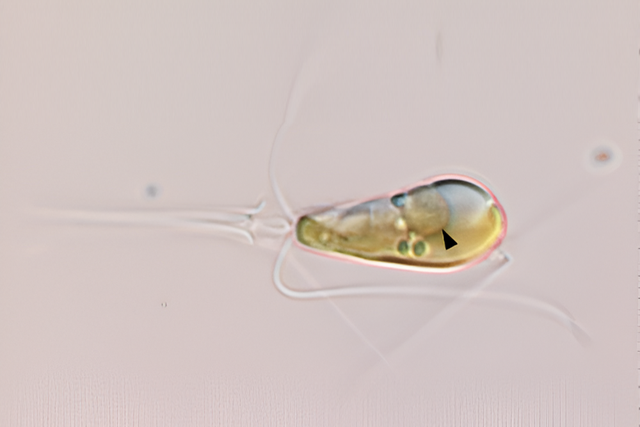Macedonia establishes diplomatic ties with Namibia under its constitutional name
New York, 21 December 2011 (MIA) - Macedonia has established Wednesday diplomatic ties with Namibia under its constitutional name. Namibia is the 133rd country to officially recognize the constitutional name of the Republic of Macedonia.
This afternoon in New York Macedonia and Namibia have established diplomatic ties at ambassadorial level under the constitutional name of our country, the Ministry of Foreign Affairs said in a press release.
The Ambassadors of both countries to the UN, Pajo Avirovic and Wilfried Emvula respectively, signed the joint communiqué, which according to the UN protocol will be distributed to all member states, the press release reads.
The relations between the two countries will develop in line with the principles of mutual respect, friendship, non-interference in internal affairs, as well as recognition of each other's territorial integrity and sovereignty. The establishing of diplomatic ties also offers great opportunities for bolstering the cooperation between Macedonia and Namibia in all spheres of mutual interest.
New York, 21 December 2011 (MIA) - Macedonia has established Wednesday diplomatic ties with Namibia under its constitutional name. Namibia is the 133rd country to officially recognize the constitutional name of the Republic of Macedonia.
This afternoon in New York Macedonia and Namibia have established diplomatic ties at ambassadorial level under the constitutional name of our country, the Ministry of Foreign Affairs said in a press release.
The Ambassadors of both countries to the UN, Pajo Avirovic and Wilfried Emvula respectively, signed the joint communiqué, which according to the UN protocol will be distributed to all member states, the press release reads.
The relations between the two countries will develop in line with the principles of mutual respect, friendship, non-interference in internal affairs, as well as recognition of each other's territorial integrity and sovereignty. The establishing of diplomatic ties also offers great opportunities for bolstering the cooperation between Macedonia and Namibia in all spheres of mutual interest.







Comment